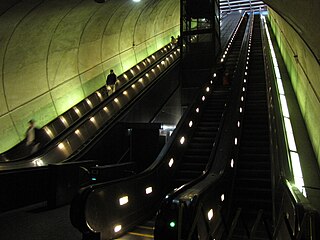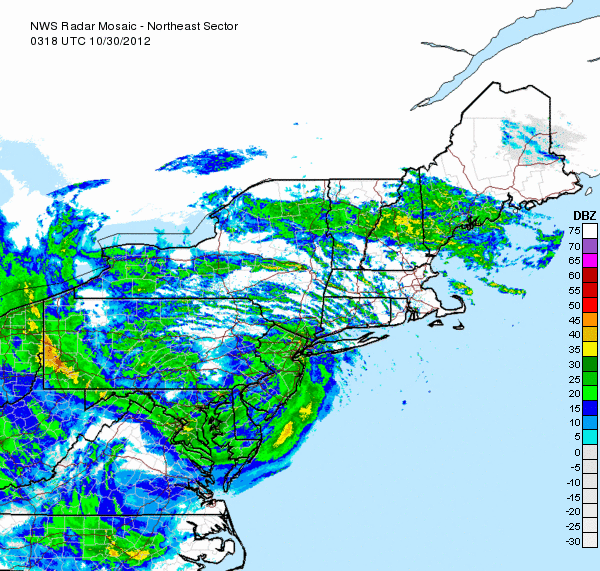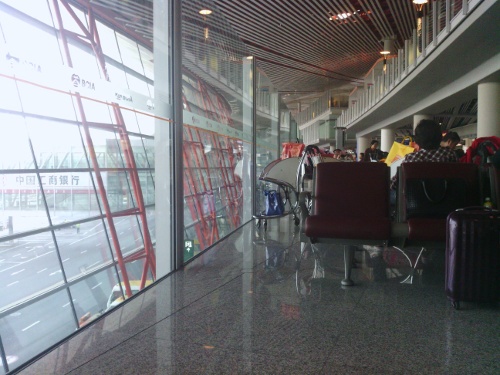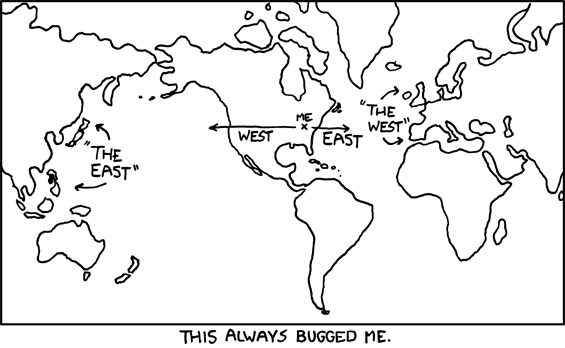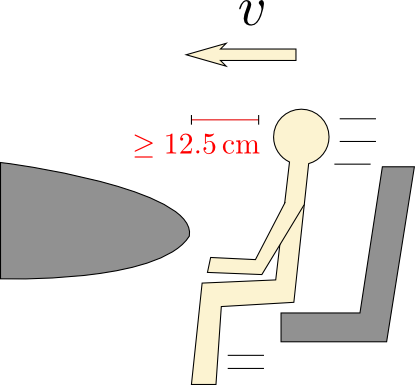Not really a simple regularization analogy
Posted by David Zaslavsky on — EditedLast year I posted about an infinite sum involving the mean of the harmonic numbers,
The method I used to evaluate this was to approximate the sum by an integral. This is a technique that is used in various places in physics, such as in the computation of the Fermi surface in metals.
In this particular case, we only cared about the large-\(n\) limiting behavior of the sum, namely that it grows sublinearly for large \(n\). But suppose you wanted to know whether there was, say, a constant term as well. Here’s one way to figure that out. Instead of converting the entire sum to an integral, you choose some cutoff value \(a\), and keep the first \(a\) terms in the sum explicitly.
Now you have a value, \(a\), that represents a “break” in your sequence, but it’s an arbitrary …
